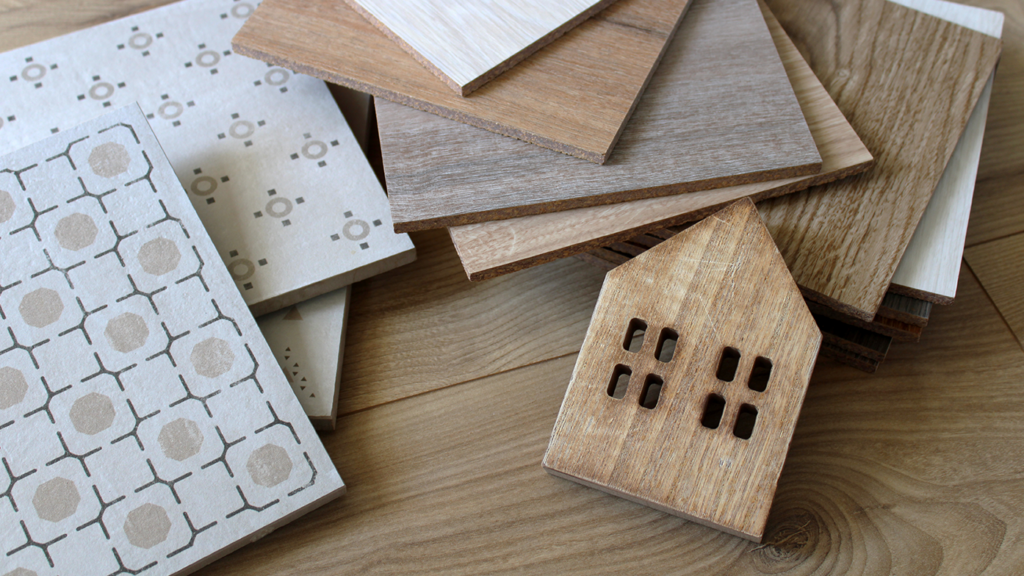The last few years of home improvement projects have had home furnishing retailers in the black, primed for brick-and-mortar expansion. A recent survey found that 60% of homeowners plan to slow their home furnishings and decor spending in the coming months. This is a significant shift from just a few months ago, when 80% of homeowners planned to increase their spending in this area.
The slowdown in spending has impacted big-box home retailers like Lowe’s, Home Depot, IKEA and Walmart. These companies have all reported decreased sales growth in recent quarters. However, despite the downshift, these same retailers are still planning to expand their brick-and-mortar footprints.
Lowe’s, for example, announced a new one-stop shop concept rolling out across 300 stores designed to bring customers based in rural areas into stores. Competitor Home Depot’s recent earnings call reported increased sales by 110% and intends to open 80 new stores in the next five years. IKEA committed $2 billion to expand its footprint in the U.S., which includes a shrunk footprint–roughly 52,000 square feet, in urban locales. Walmart plans to upgrade its 1,400 stores with a $9 billion investment to modernize their U.S. locations with improved layouts, expanded product selections and new technologies.
Home furnishing retailers rebound, too
Smaller hybrid retailers like Wayfair, Bed Bath & Beyond (formerly Overstock.com), and high-end furnishing retailers take a page from the big box playbook, refocusing on store expansions. Wayfair has experienced double-digit growth in both revenue and earnings in recent quarters, and the company has attributed this success to its strong online presence and the ability to offer its loyalists products at competitive prices. With that in mind, Wayfair plans to expand its physical offerings, delivering popular brands like Joss & Main and Allmodern into the marketplace.
Bed Bath & Beyond has also improved sales, primarily due to Overstock’s brand acquisition and integration. Mainstream home furnishing provider HomeGoods is scaling back on e-commerce to reinvest in the real-life consumer experience. TJ Maxx, the parent company of HomeGoods, announced earlier this year that it plans to remodel its 400 locations and launch 150 new stores in 2023.
High-end brands like Arhaus and Herman Miller also plan expansions, albeit on a smaller scale. One thing these retailers have in common is betting on long-term growth plans to sustain their momentum.
Conclusion
It is too early to say whether the slowdown in consumer spending on home furnishings and decor is a temporary blip or a sign of a more lasting trend. However, home retailers are not taking any chances, as they continue to invest in their businesses.

 Anjee Solanki
Anjee Solanki

 Aaron Jodka
Aaron Jodka Nicole Larson
Nicole Larson
